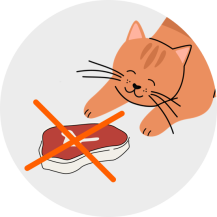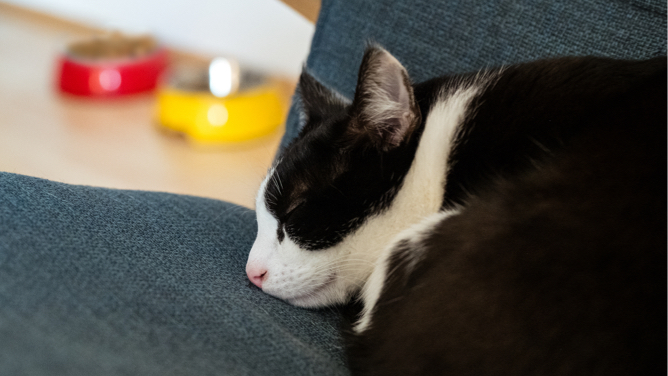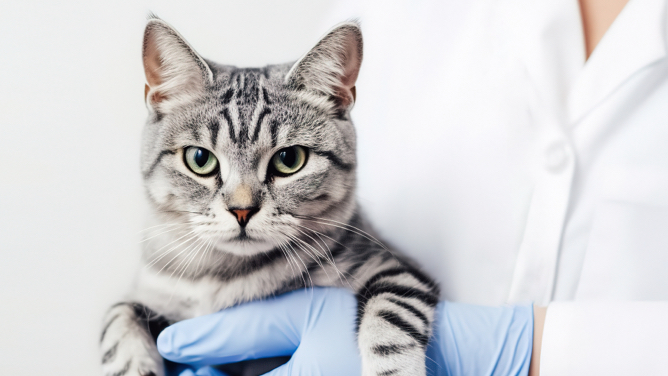You’ve been seeing the headlines about bird flu everywhere: “Bird flu has killed 20 big cats including cougars at a U.S. wildlife sanctuary” and “Raw pet food pulled after cats die with bird flu.” If you have cats, you may feel nervous when you see articles about cats getting sick. So, should you be worried?
Bird flu is a respiratory virus that primarily affects animals. Technically known as H5N1, it was first discovered in 1959 in Scotland. In 2021, a variant of the virus started spreading rapidly among birds. In March 2024, it began affecting mammals, such as dairy cows and cats. As of February 2025, there are over 65 confirmed bird flu cases in humans who have had contact with infected animals.



With the right information and vigilance, we can help keep cats safe and healthy — even in the midst of an outbreak.
Sources:
Bird Flu in Cats: December 2024, VCA Animal Hospitals
Avian Influenza A (HSN1) in Cats, American Veterinary Medical Association
Common Causes for Muscle Tremors in Cats, Central Broward Animal Hospital
House Cats With Bird Flu Could Pose a Risk to Public Health, California Healthline